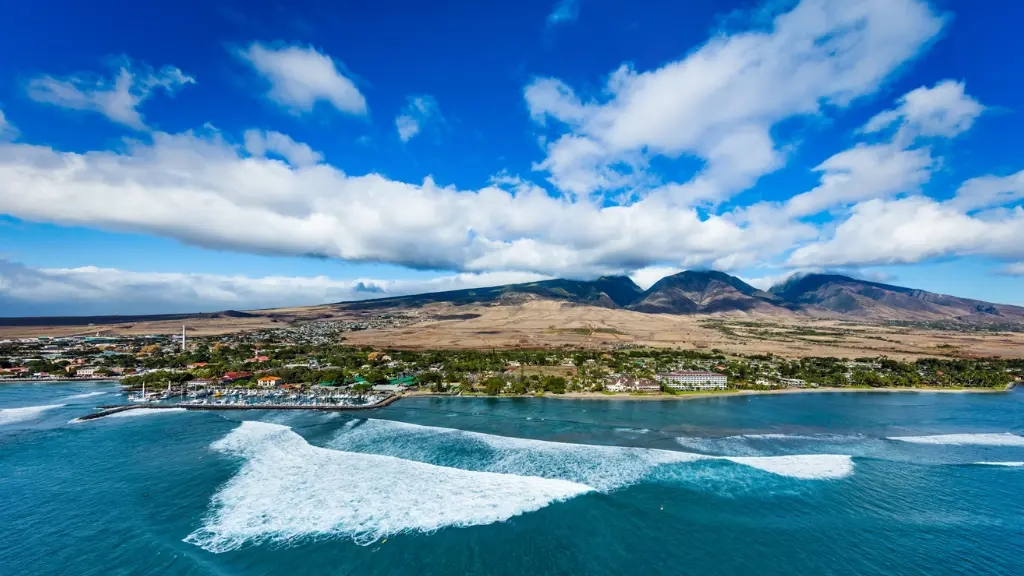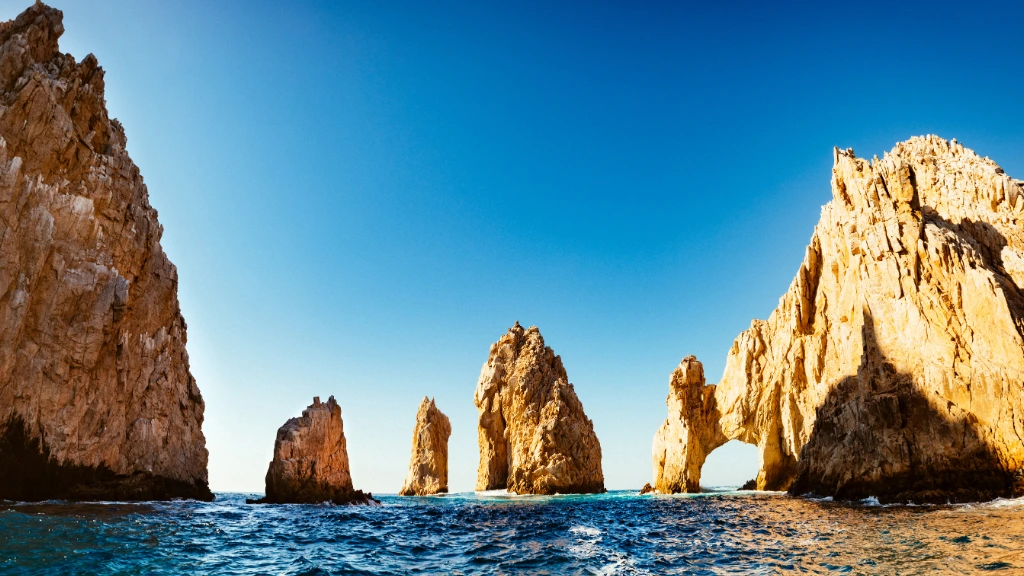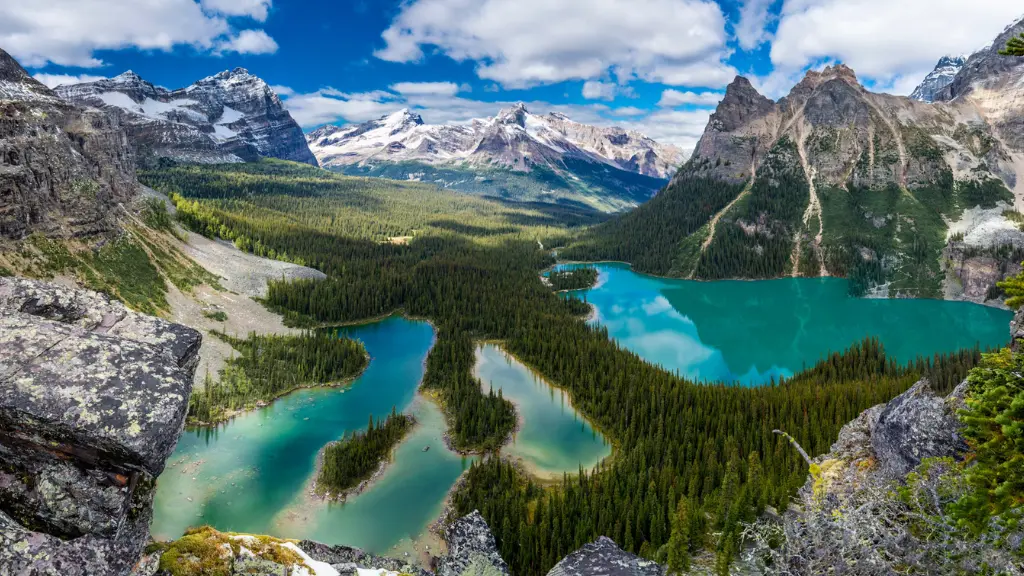Introduction
The recent Lahaina Fire in Maui has been a devastating event, leaving a lasting impact on the community and raising important questions about environmental stewardship, cultural preservation, and the rights of Native Hawaiians. As travelers flock to this picturesque paradise, it is essential to understand the broader context surrounding this tragedy.
You May Also Like: 7 Reasons to Explore Spain’s Vías Verdes: A Cyclist’s Paradise
This blog explores what travelers need to know about the Lahaina Fire, the associated water rights issues, and the perspectives of Native Hawaiians to foster a respectful and informed visit to Hawaii.

1. Understanding the Lahaina Fire
On August 8, 2023, the town of Lahaina was engulfed in a catastrophic fire that resulted in significant loss of life and property. As the flames rapidly spread, thousands of residents and visitors were forced to evacuate. The fire, fueled by dry conditions and strong winds from a passing hurricane, devastated this historic town, which was once the capital of the Hawaiian Kingdom and a cultural center for Native Hawaiians. The destruction of Lahaina has left a scar on the island, highlighting the vulnerabilities of communities living in areas susceptible to wildfires.
2. Impact on Native Hawaiian Communities
The Lahaina Fire has disproportionately affected Native Hawaiian communities, many of whom have deep historical and cultural ties to the land. For these communities, Lahaina is not just a place; it is a symbol of their identity and heritage. The loss of homes, businesses, and cultural landmarks has been heartbreaking. As travelers, it is crucial to approach this situation with sensitivity, recognizing the pain and struggles that these communities are facing. Supporting local initiatives and businesses that prioritize Native Hawaiian voices and interests can make a positive impact.
3. Water Rights and Environmental Concerns
In the aftermath of the Lahaina Fire, discussions around water rights have come to the forefront. Water is a vital resource in Hawaii, and access to it has been a contentious issue, particularly for Native Hawaiians. Historically, many water sources have been diverted for agricultural and commercial uses, impacting the natural ecosystem and the ability of Native Hawaiians to practice traditional agricultural methods.
Travelers should be aware that water conservation is a critical topic in Hawaii, especially in the wake of environmental challenges such as drought and climate change. Educating yourself about local water issues and respecting water usage guidelines can contribute to the sustainable management of this precious resource.
4. Cultural Sensitivity and Responsible Tourism
As travelers, it is essential to be culturally sensitive and aware of the current issues facing local communities. The Lahaina Fire is not just a natural disaster; it is a reminder of the ongoing struggles of Native Hawaiians for recognition and rights. Engaging in responsible tourism practices can help mitigate the impact of tourism on these communities.
- Support Local Businesses: Choose to shop, dine, and stay at establishments owned and operated by Native Hawaiians or local residents. This ensures that your spending directly benefits the community.
- Educate Yourself: Take the time to learn about Hawaiian history, culture, and the ongoing struggles of Native Hawaiians. This knowledge can foster respect and understanding during your visit.
- Participate in Community Initiatives: Look for opportunities to volunteer or engage in community events that support recovery efforts from the Lahaina Fire.
5. What Travelers Can Do
Travelers can play a pivotal role in the recovery and sustainability of Maui. Here are some actionable steps you can take:
- Stay Informed: Keep abreast of developments regarding the Lahaina Fire recovery efforts and the status of local communities. This knowledge can guide your actions as a visitor.
- Practice Environmental Responsibility: Be mindful of your environmental footprint while traveling. Use water wisely, avoid single-use plastics, and participate in recycling initiatives wherever possible.
- Engage with Native Hawaiian Culture: Seek out experiences that allow you to engage with Native Hawaiian culture respectfully. This could include attending cultural festivals, visiting museums, or participating in guided tours led by Native Hawaiians.
Conclusion
As travelers venture to Hawaii, understanding the complexities surrounding the Lahaina Fire and its implications on Native Hawaiian communities and water rights is vital for fostering a respectful and enriching travel experience. By approaching this destination with cultural sensitivity, supporting local initiatives, and staying informed, visitors can contribute to the healing and resilience of the affected communities. Let’s honor the spirit of Aloha by being mindful travelers who respect the land and its people while exploring the beauty of Hawaii.










